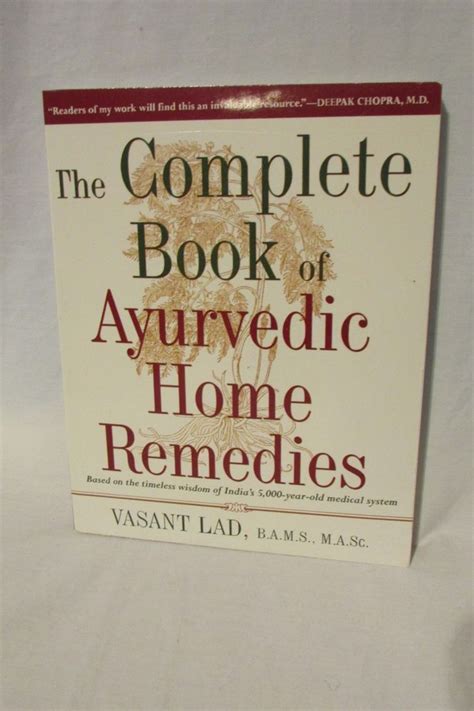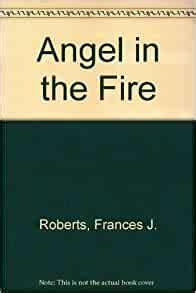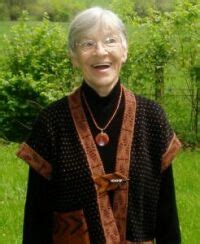A Quote by Mark Epstein
Anxiety and desire are two, often conflicting, orientations to the unknown. Both are tilted toward the future. Desire implies a willingness, or a need, to engage this unknown, while anxiety suggests a fear of it. Desire takes one out of oneself, into the possibility or relationship, but it also takes one deeper into oneself. Anxiety turns one back on oneself, but only onto the self that is already known.
Related Quotes
Pride is an established conviction of one’s own paramount worth in some particular respect, while vanity is the desire of rousing such a conviction in others, and it is generally accompanied by the secret hope of ultimately coming to the same conviction oneself. Pride works from within; it is the direct appreciation of oneself. Vanity is the desire to arrive at this appreciation indirectly, from without.
Celebration is not because some desire is fulfilled - because no desire is ever fulfilled. Desire as such cannot be fulfilled. Desire is only a way to avoid the present moment. Desire creates the future and takes you far away. Desire is a drug; it keeps you stoned, it does not allow you to see the reality - that which is herenow.
According to Ayurvedic principles, by understanding oneself, by identifying one's own constitution, and by recognizing sources of doshic aggravation, one can not only follow the proper guidelines to cleanse, purify, and prevent disease, but also uplift oneself into a realm of awareness previously unknown.
When we prioritize and focus... and that becomes the anchor... the relationship becomes the anchor... and it trumphs everything else... than it's at once freeing and anxiety relieving... because the connection itself feeds empowerment and self-worth and self-esteem so it takes away the anxiety of raising a child.
Desire means you are dragged out of the moment; that creates a tension, that creates anxiety, that creates hope. And then finally hope turns sour, becomes frustration. Each hope leads you into anguish. Buddha calls it the only impurity. Cut the roots of desire, live in the moment so totally, pull yourself out of the past and don`t project yourself into the future. Let this moment be all and all. And your life will have such a purity, such a crystal-clear consciousness that right now you cannot imagine.
Meditation did not relieve me of my anxiety so much as flesh it out. It took my anxious response to the world, about which I felt a lot of confusion and shame, and let me understand it more completely. Perhaps the best way to phrase it is to say that meditation showed me that the other side of anxiety is desire. They exist in relationship to each other, not independently.
Christian faith does not involve repressing one's anxiety in order to appear strong. On the contrary, it means recognizing one's weakness, accepting the inward truth about oneself, confessing one's anxiety, and still to believe, that is to say that the Christian puts his trust not in his own strength, but in the grace of God.
Weakness for wealth and for collecting and owning things of different kinds; the urge for physical (sensuous) enjoyment; the longing for honour, which is the root of envy; the desire to conquer and be the deciding factor; pride in the glory of power; the urge to adorn oneself and to be liked; the craving for praise; concern and anxiety for physical well-being. All these are of the world; they combine deceitfully to hold us in heavy bonds.
Specialness as a primary mode of death transcendence takes a number of other maladaptive forms. The drive for power is not uncommonly motivated by this dynamic. One's own fear and sense of limitation is avoided by enlarging oneself and one's sphere of control. There is some evidence, for example, that those who enter the death-related professions (soldiers, doctors, priests, and morticians) may in part be motivated by a need to obtain control over death anxiety.

































